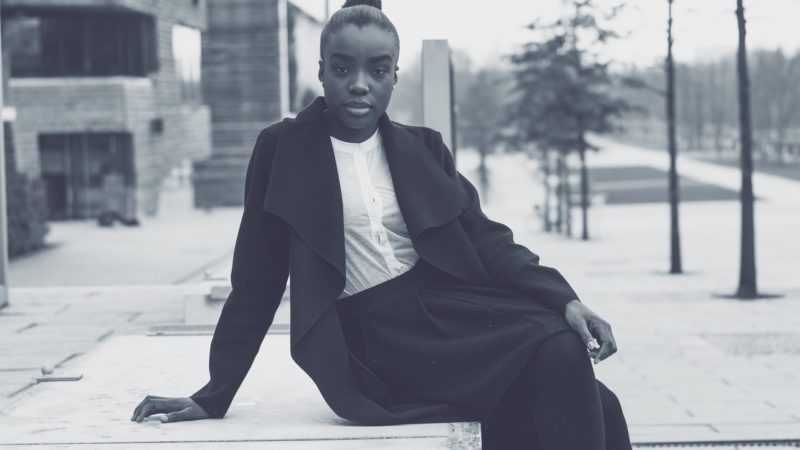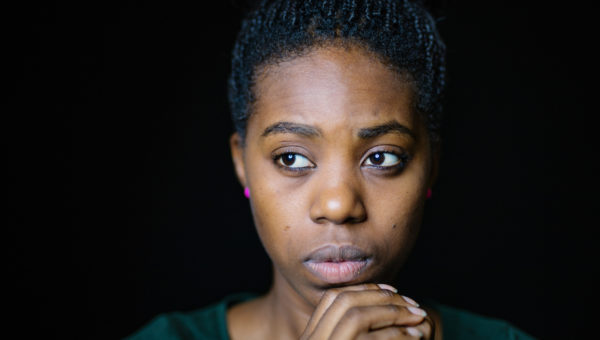Language is a multi-dimensional way to communicate with other people. When commanded, language becomes the key that unlocks the power within Black women to regain control of their own narrative and take up well-deserved space in any given room.
Maxine Waters, Oprah, Michelle Obama, Toni Morrison, and Kamala Harris are all Black women that have been a gold thread woven into our past, present, and future. Their major commonality is their ability to use language to change the world. Whether through speeches, literature, or scientific research, influential Black women that lit the path for Black women to follow, have the ability to wield the power of language. But when you are a Black woman that isn’t shaping the path, just trying to navigate it, does language look and feel the same?
The average Black woman is constantly being told that she is too. She is too loud or she is too quiet. That her language is too proper and it makes her a try-hard or her use of Ebonics is too much and maybe she should tone it down a little. The way she tells her story is always being challenged, and slowly the confidence she built to express herself, erodes away. Doubt will soon replace it. When she doubts her ability to articulate her experiences, her story becomes a story for others to tell. She speaks through them but has no control over what is being said. The consequences of being silenced last long beyond her, they affect generations of Black women.
A Black woman may not feel like her language reaches the same corners of the world as Toni Morrison’s, at times it may feel like it doesn’t reach anyone. However, for a Black woman in an office setting, the way she stands up for herself and firmly says to her overly-enthusiastic coworker that her hair is not for petting and doesn’t settle on a nickname when her name is deemed “too hard” to pronounce, she sets the precedent for Black women that are hired after her. That small determination sets off a chain reaction in her corner of the corporate world, and while it might not have a global effect, it can start to reshape corporate culture and eventually break the glass ceiling that kept her predecessors from reaching their full potential. One could argue that matters more.
The turning point comes when a Black woman realizes her voice is being purposefully silenced and chooses to make herself heard. These women are met with baseless policing, a knee-jerk reaction to try to render them insecure again. In society’s eyes a Black woman that speaks self-assuredly with confidence and articulation, is seen as hostile, snobbish, and unapproachable, while her white counterparts are seen as being leading, determined, and commendable. How is a Black woman supposed to strike a balance between being forward and ambitious while not coming off as too commanding and stubborn? If she subverts the narrative and refuses to be meek, and makes herself heard, her words are automatically considered invalid, offensive, and unwanted. What allows her to command her language without falling victim to silence?
It is no easy task to be a Black woman, to teeter on a latter reaching for the next rung that is slightly out of arm’s reach, as you watch others effortlessly glide to the top. To work through a labyrinth of micro-aggressions that requires you to be eloquent and soft-spoken one day, and firm and steady the next. In spite of all the changing goal-posts, Black women today can find inspiration and guidance in the multitude of Black women from centuries past that held onto their voice as their power, in a world that stripped them of everything else.







